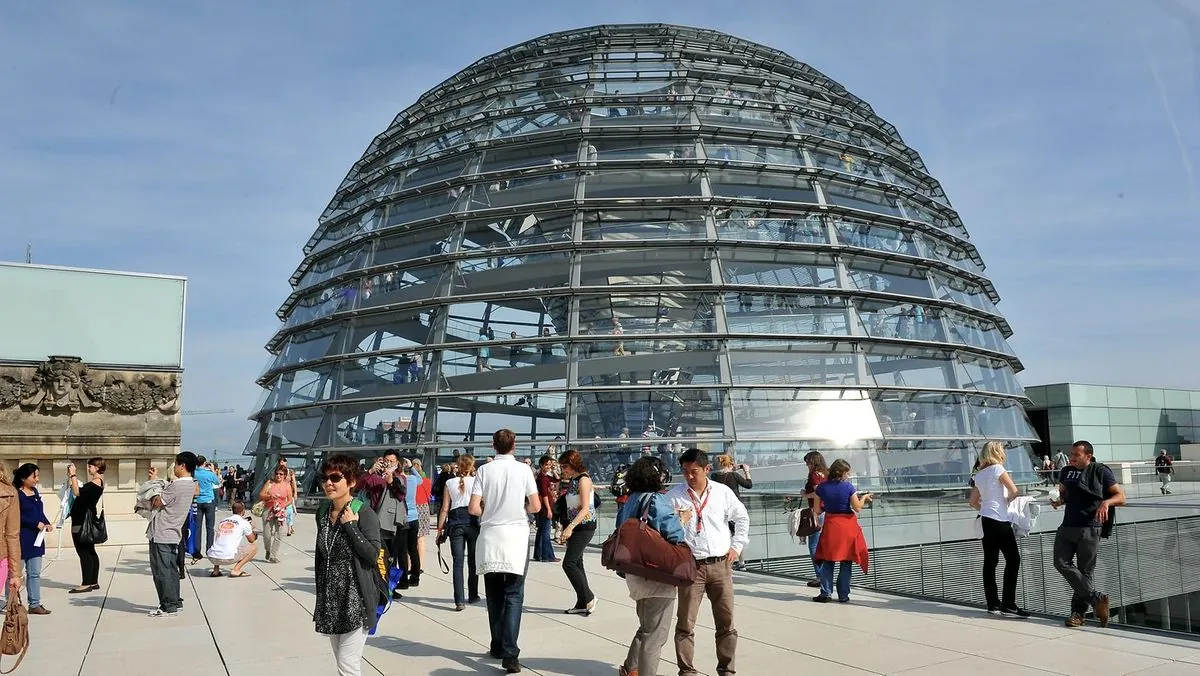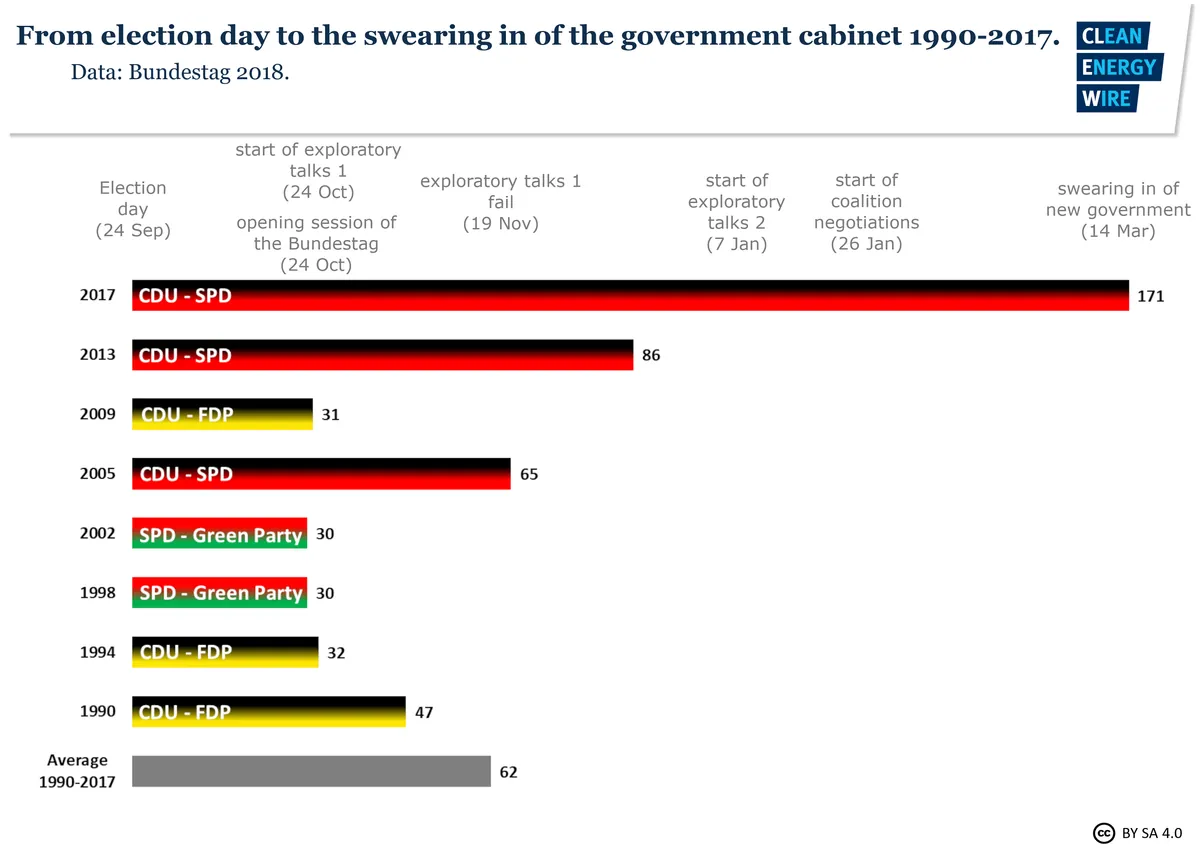Germany Sets 2025 Election Date as Coalition Faces Challenges
Germany's next national election is scheduled for September 28, 2025. Chancellor Scholz aims for re-election amid coalition struggles and rising opposition strength.

Germany has officially set its next national election for September 28, 2025, as announced by President Frank-Walter Steinmeier's office. This date marks the end of the current parliamentary term, which began on September 26, 2021. The election will determine the composition of the Bundestag, Germany's lower house of parliament, which in turn elects the Chancellor.
Chancellor Olaf Scholz has confirmed his intention to seek a second term. However, his coalition government, formed in December 2021, faces significant challenges. The alliance, comprising Scholz's Social Democratic Party (SPD), the Greens, and the Free Democratic Party (FDP), has experienced a decline in popularity due to persistent internal disagreements.
The coalition's struggles were evident in recent budget negotiations. After weeks of disputes, the government finally reached an agreement on the 2025 budget. This protracted process has further damaged the coalition's public image.

The European Parliament elections held in June 2024 delivered disappointing results for the governing parties. The center-right opposition bloc, known as the Union, emerged victorious, while the far-right Alternative for Germany (AfD) secured second place. These outcomes reflect growing dissatisfaction with the current government and a shift in voter preferences.
The Union, which led Germany for 16 years under former Chancellor Angela Merkel, has yet to select its candidate to challenge Scholz in the 2025 election. The party plans to make this decision after three crucial state elections in eastern Germany, scheduled for September 2024. This region has seen significant support for the AfD, adding complexity to the political landscape.
Germany's electoral system, based on mixed-member proportional representation, often results in coalition governments. The process of forming these coalitions can be lengthy, sometimes extending for months after the election. This complexity reflects the multi-party nature of German politics and the need for compromise in governance.
As the most populous member of the European Union and Europe's largest economy, Germany's political direction has significant implications beyond its borders. The country's leadership plays a crucial role in shaping EU policies and addressing regional and global challenges.
"I am committed to continuing our work for a strong and prosperous Germany. We have faced challenges, but I believe in our ability to overcome them together."
The upcoming election will be a test for Scholz's coalition and its ability to address key issues facing the nation. With rising support for opposition parties and internal coalition tensions, the political landscape in Germany remains dynamic and uncertain as the country approaches this crucial democratic process.


































